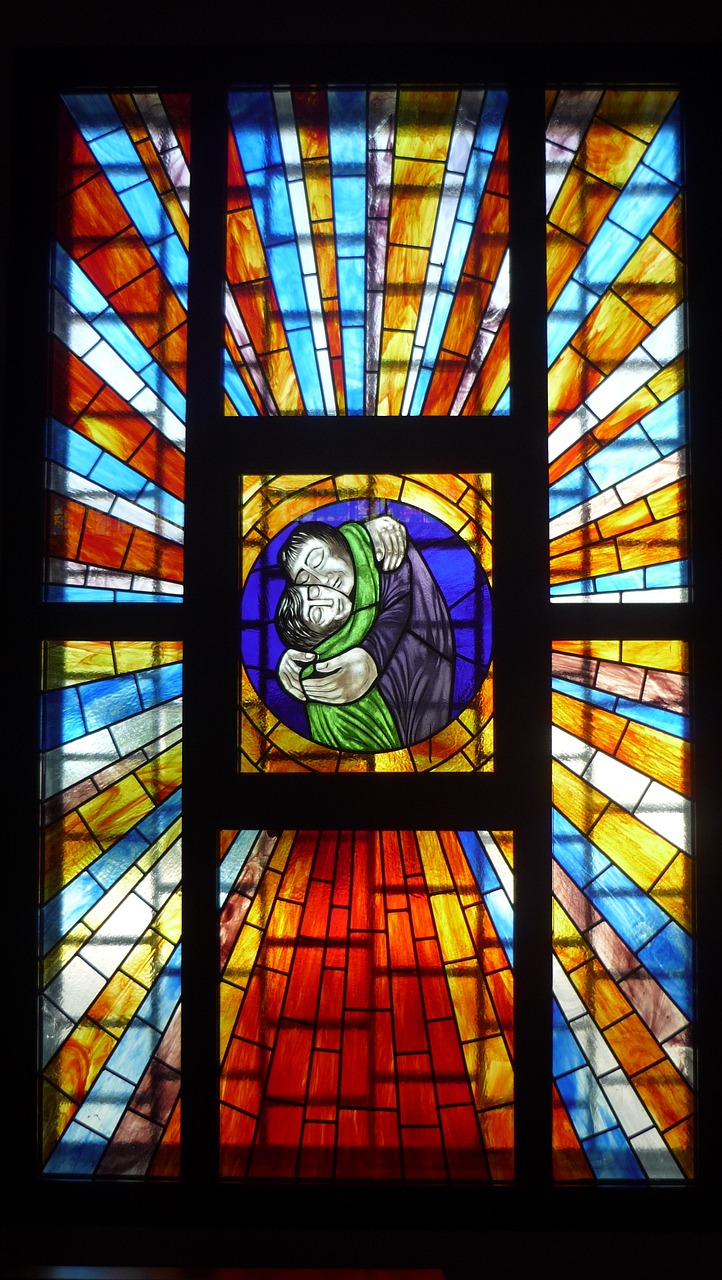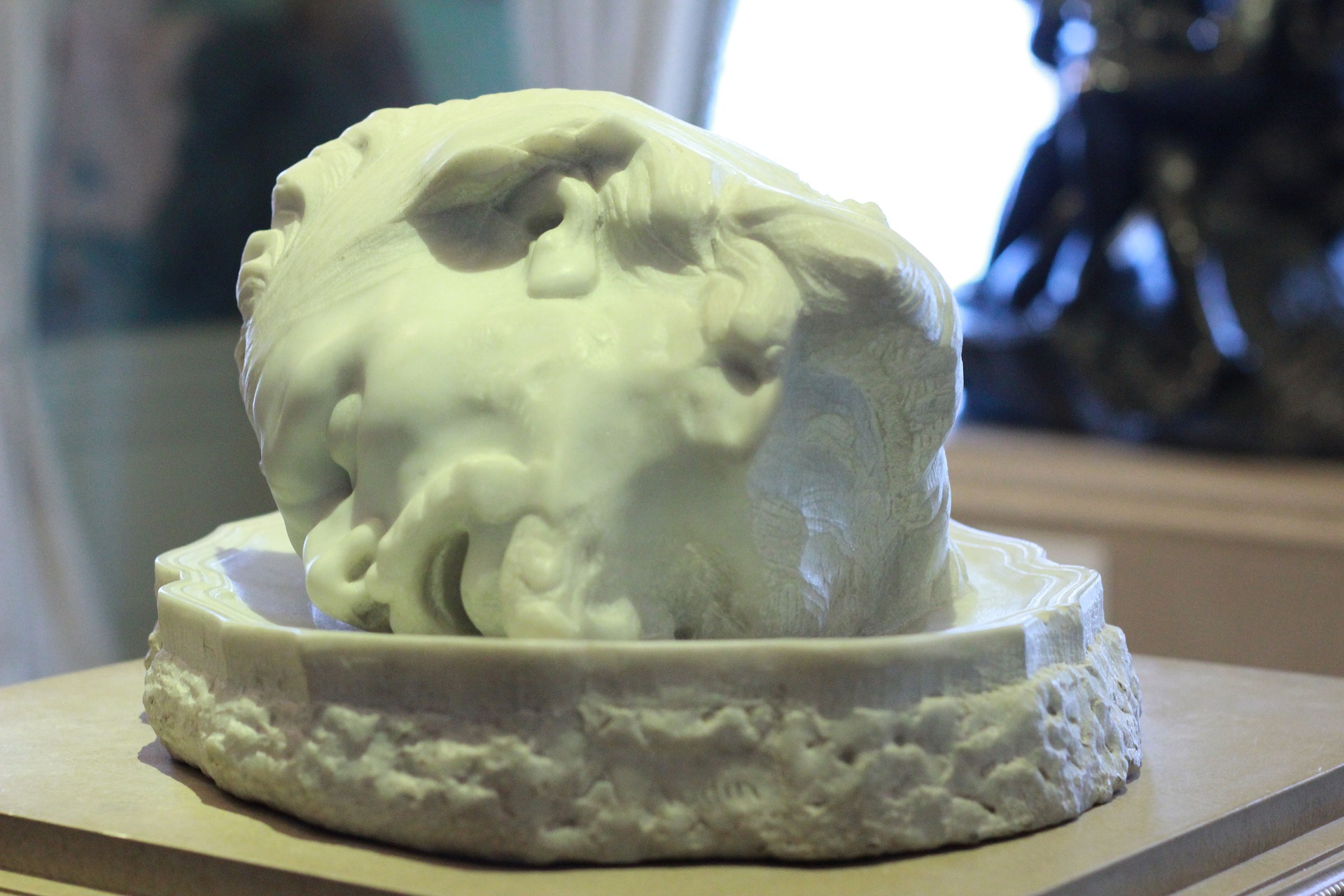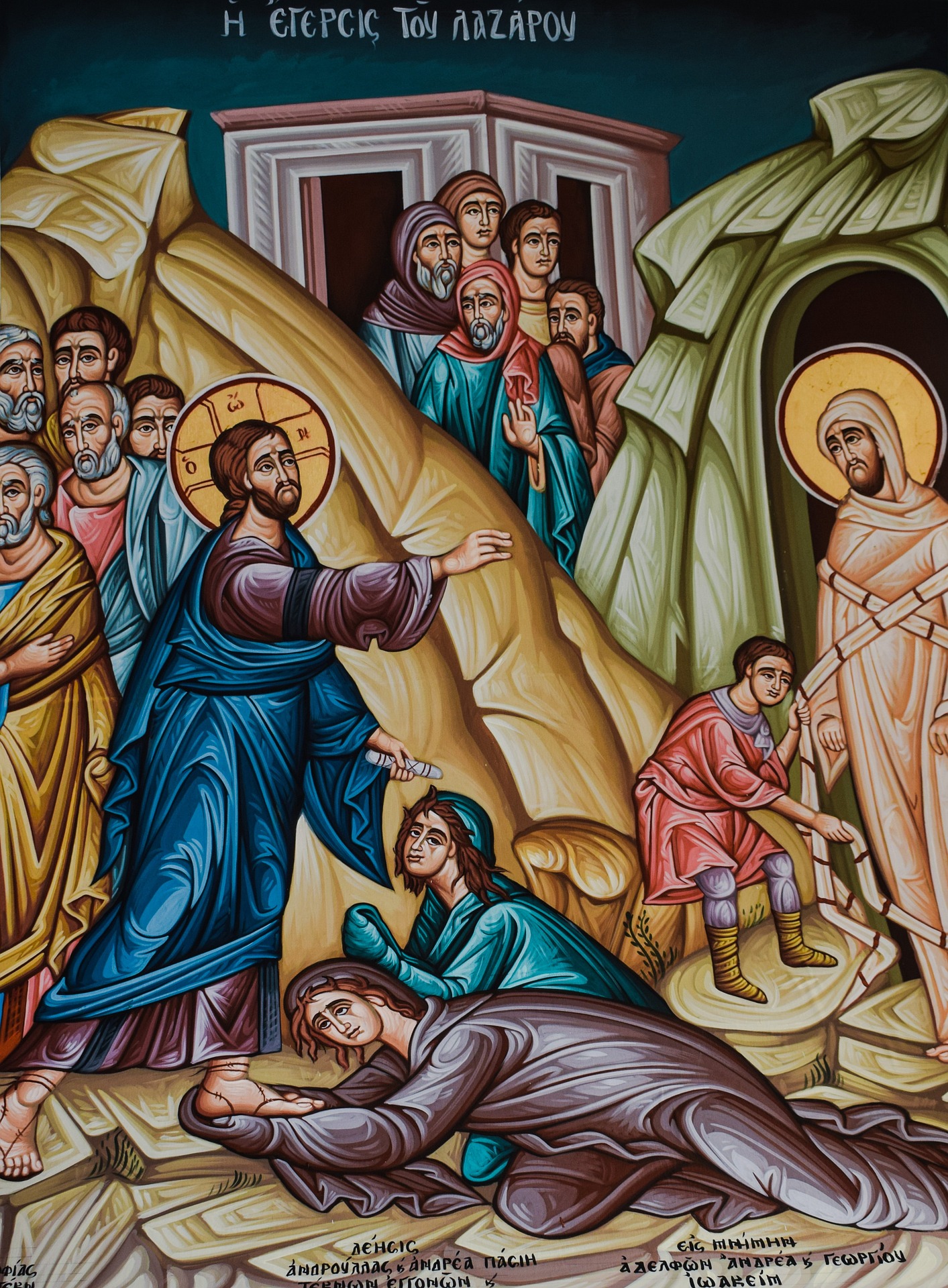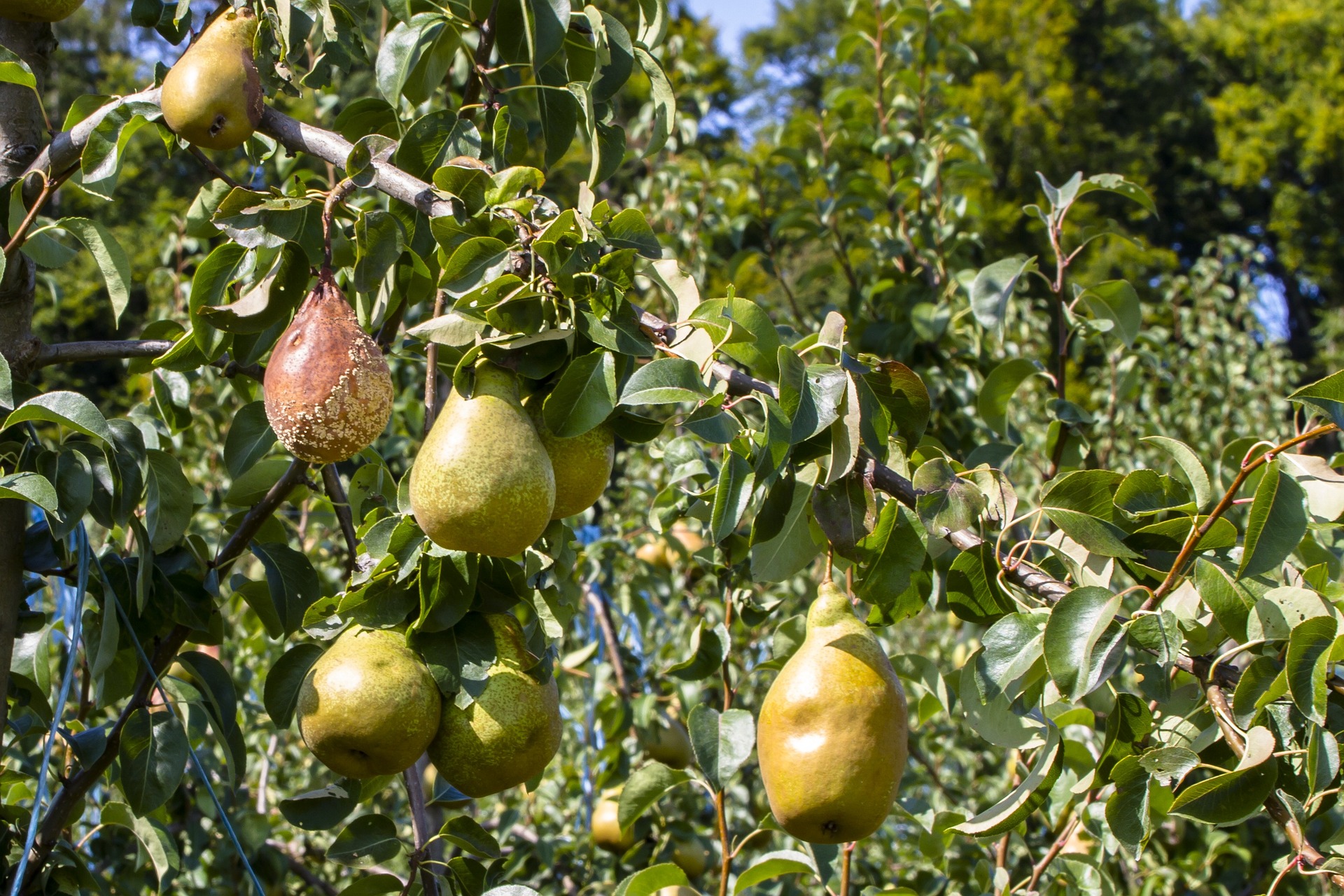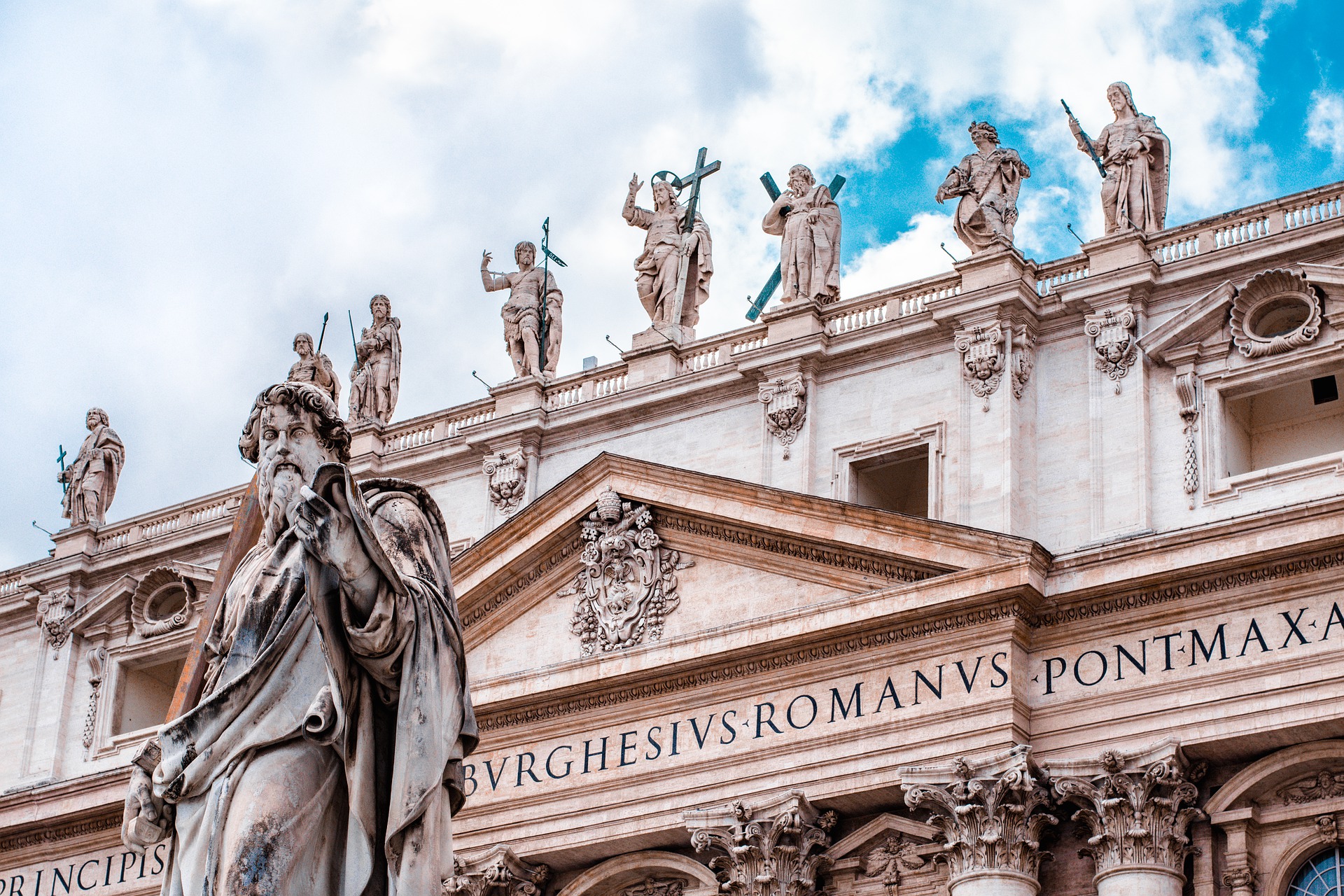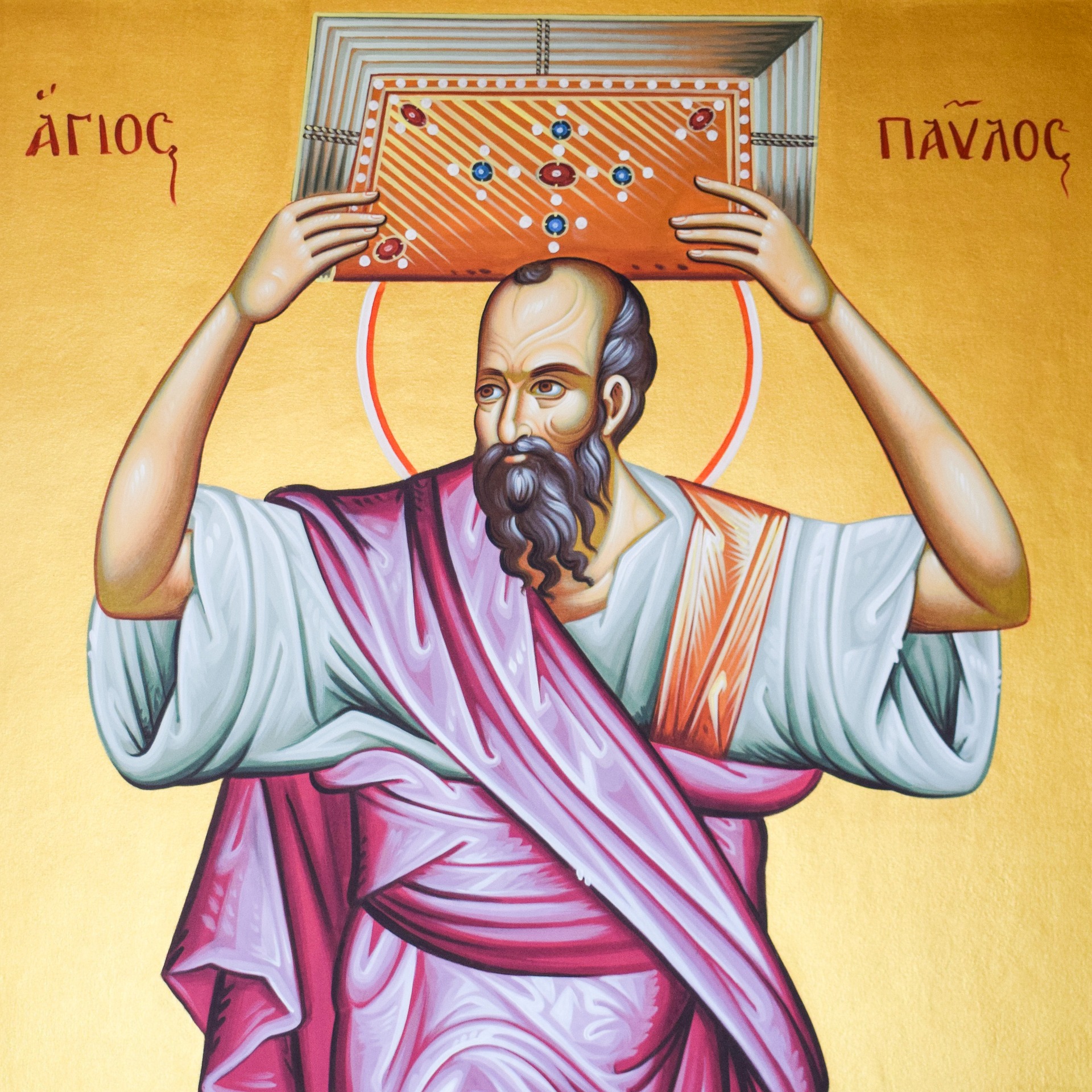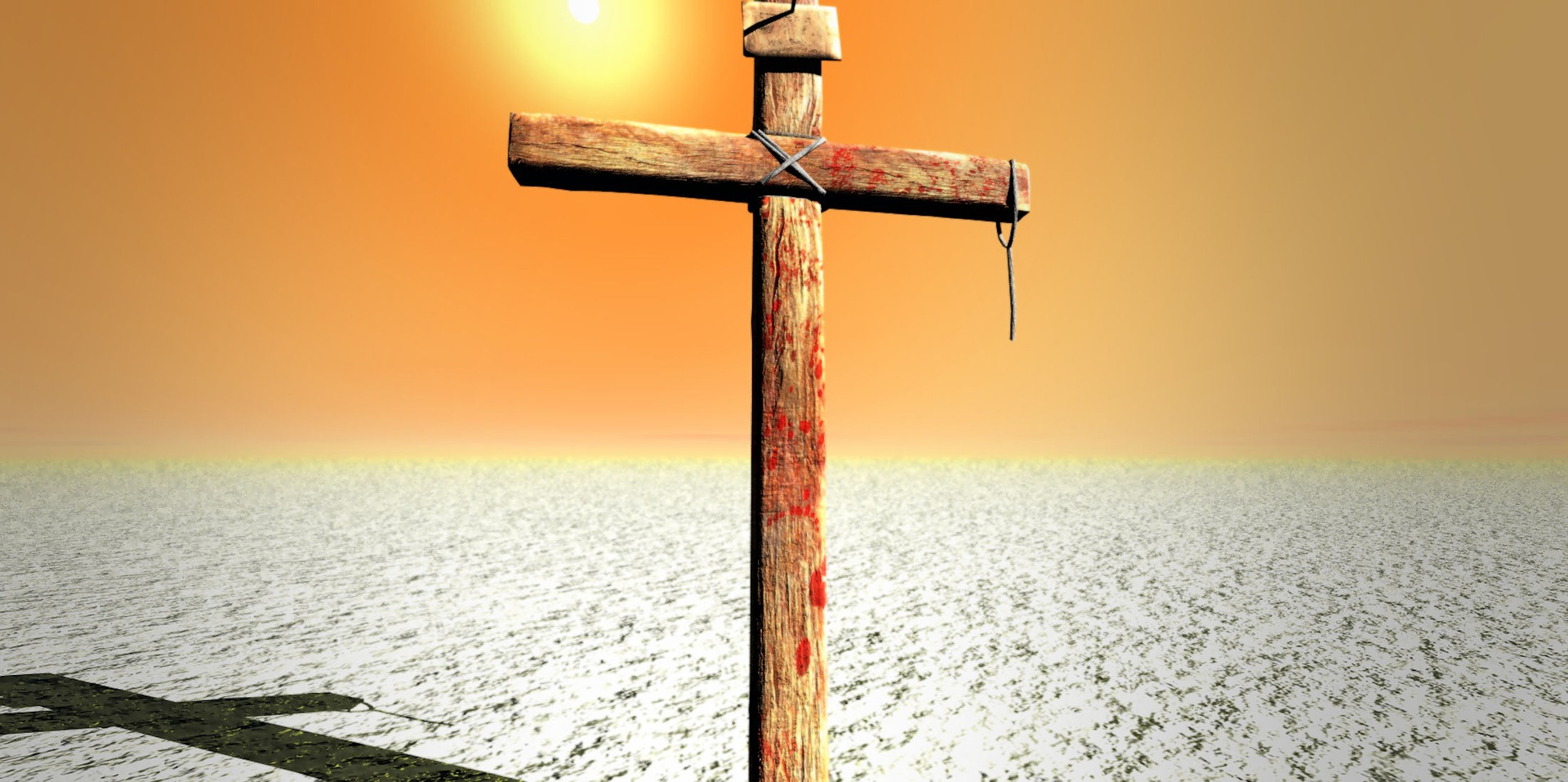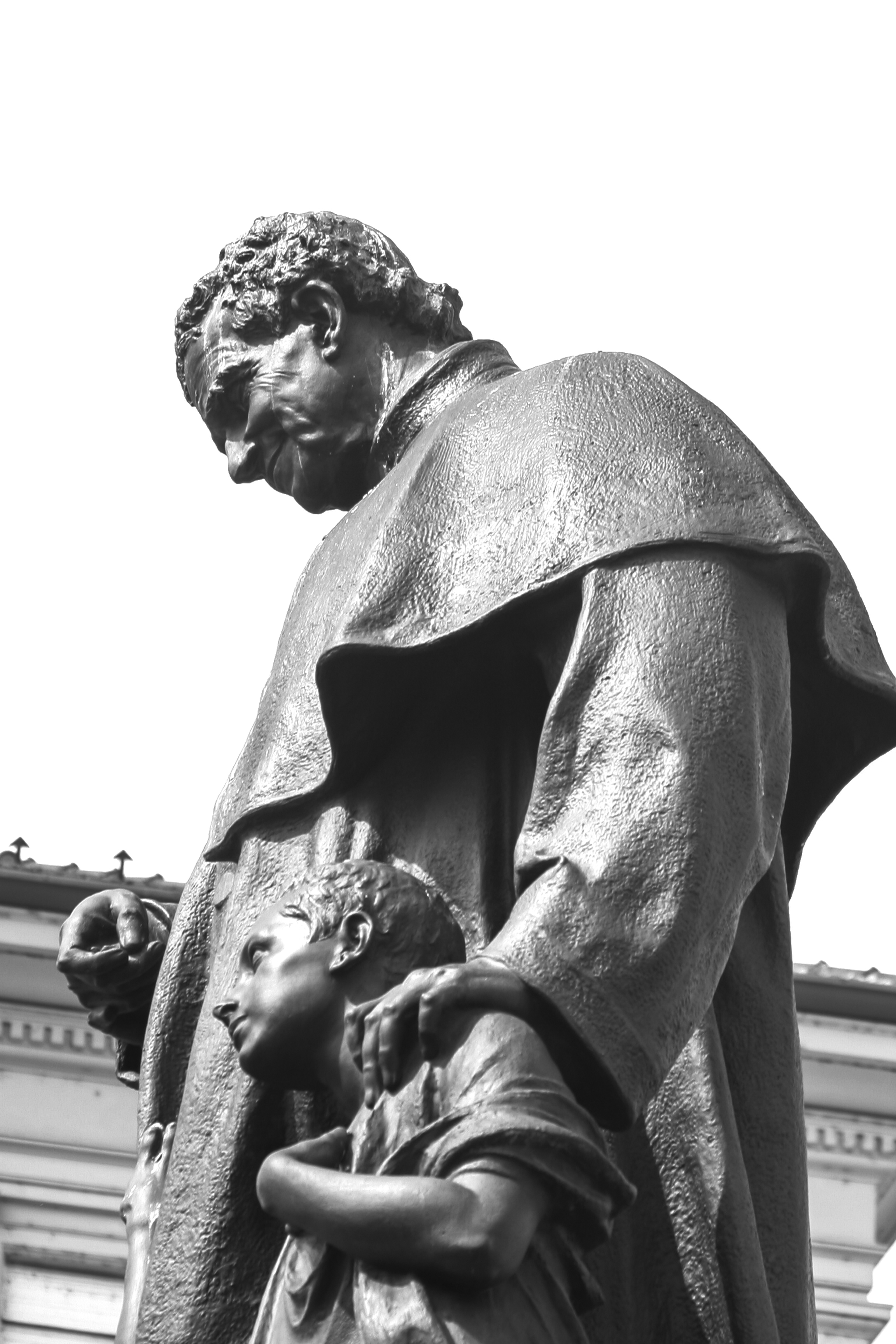We are all familiar with today’s Gospel story about the rich young man who is unable to surrender his wealth in order to follow Jesus, and especially Jesus’ perplexing comments about a camel and the eye of a needle. It can be easy for us to feel superior to the young man. We imagine that OF COURSE we would give away our wealth and follow Jesus, because IT’S JESUS!
During a conversation with my youngest son about what he had learned in his sociology class about wealth in this country, we agreed that if WE were billionaires we would be embarrassed to have so much money when we could give all of it away and do so much good in the world.
But then I remembered something Basil the Great once said: “When someone steals another’s clothes, we call them a thief. Should we not give the same name to one who could clothe the naked and does not? The bread in your cupboard belongs to the hungry; the coat unused in your closet belongs to the one who needs it; the shoes rotting in your closet belong to the one who has no shoes; the money which you hoard up belongs to the poor.”
We are not rich by any means, but like most Americans we have more than we need. How many coats do you have? I am embarrassed to say how many pairs of shoes I have. Does your bread get moldy because you do not finish it in time? Are we any better than the rich young man? There is a lot of chatter these days about minimalism and decluttering. We as a culture collectively realize that we have too many things. But paradoxically we remain a nation of consumers, and online shopping has made it simple to instantly gratify our perceived need for stuff.
God wants so much more for us. Was it easier for Peter, Andrew, James, and John to drop their nets, abandon their boats, and follow Jesus because they were holier than the rich young man, or because they had less to leave? Today let us consider how our possessions affect our relationship with God and our neighbor. Instead of earthly goods let us seek a deeper faith, which is much more valuable than anything this world can offer.
Todos conocemos la historia del Evangelio de hoy sobre el joven rico que no puede renunciar a su riqueza para seguir a Jesús, y especialmente los comentarios desconcertantes de Jesús sobre un camello y el ojo de una aguja. Puede ser fácil para nosotros sentirnos superiores al joven. Imaginamos que POR SUPUESTO que regalaríamos nuestra riqueza y seguiríamos a Jesús, ¡porque ES JESÚS!
Durante una conversación con mi hijo menor sobre lo que había aprendido en su clase de sociología sobre la riqueza en este país, acordamos que si NOSOTROS fuéramos multimillonarios nos avergonzaría tener tanto dinero cuando podríamos regalarlo todo y hacer tanto bien en el mundo.
Pero luego me acordé de algo que dijo una vez Basilio el Grande: “Cuando alguien roba la ropa de otro, lo llamamos ladrón. ¿No deberíamos dar el mismo nombre a quien podría vestir al desnudo y no lo hace? El pan en tu alacena pertenece al hambriento; el abrigo sin usar en tu armario pertenece al que lo necesita; los zapatos que se pudren en tu armario pertenecen al que no tiene zapatos; el dinero que atesoras pertenece a los pobres”.
No somos ricos de ninguna forma, pero como la mayoría de los estadounidenses, tenemos más de lo que necesitamos. ¿Cuántos abrigos tienes? Me da vergüenza decir cuántos pares de zapatos tengo. ¿Se te enmohece el pan porque no lo terminas a tiempo? ¿Somos mejores que el joven rico? Hoy en día se habla mucho del minimalismo y la limpieza. Como cultura, nos damos cuenta colectivamente de que tenemos demasiadas cosas. Pero, paradójicamente, seguimos siendo una nación de consumidores, y las compras en línea han hecho que sea fácil satisfacer instantáneamente la necesidad percibida de más cosas.
Dios quiere mucho más para nosotros. ¿Fue más fácil para Pedro, Andrés, Santiago y Juan dejar caer sus redes, abandonar sus barcas y seguir a Jesús porque eran más santos que el joven rico o porque tenían menos que dejar? Hoy consideremos cómo nuestras posesiones afectan nuestra relación con Dios y el prójimo. En lugar de los bienes terrenales busquemos el tesoro celestial de la fe, que es mucho más valiosa que todo lo que este mundo pueda ofrecer.
This reflection is reposted from Diocesan archives. Author: Leslie Sholly
Feature Image Credit: terimakasih0, pixabay.com/photos/chest-treasure-pirate-money-box-4051166/
The views and opinions expressed in the Inspiration Daily blog are solely those of the original authors and contributors. These views and opinions do not necessarily represent those of Diocesan, the Diocesan staff, or other contributors to this blog.

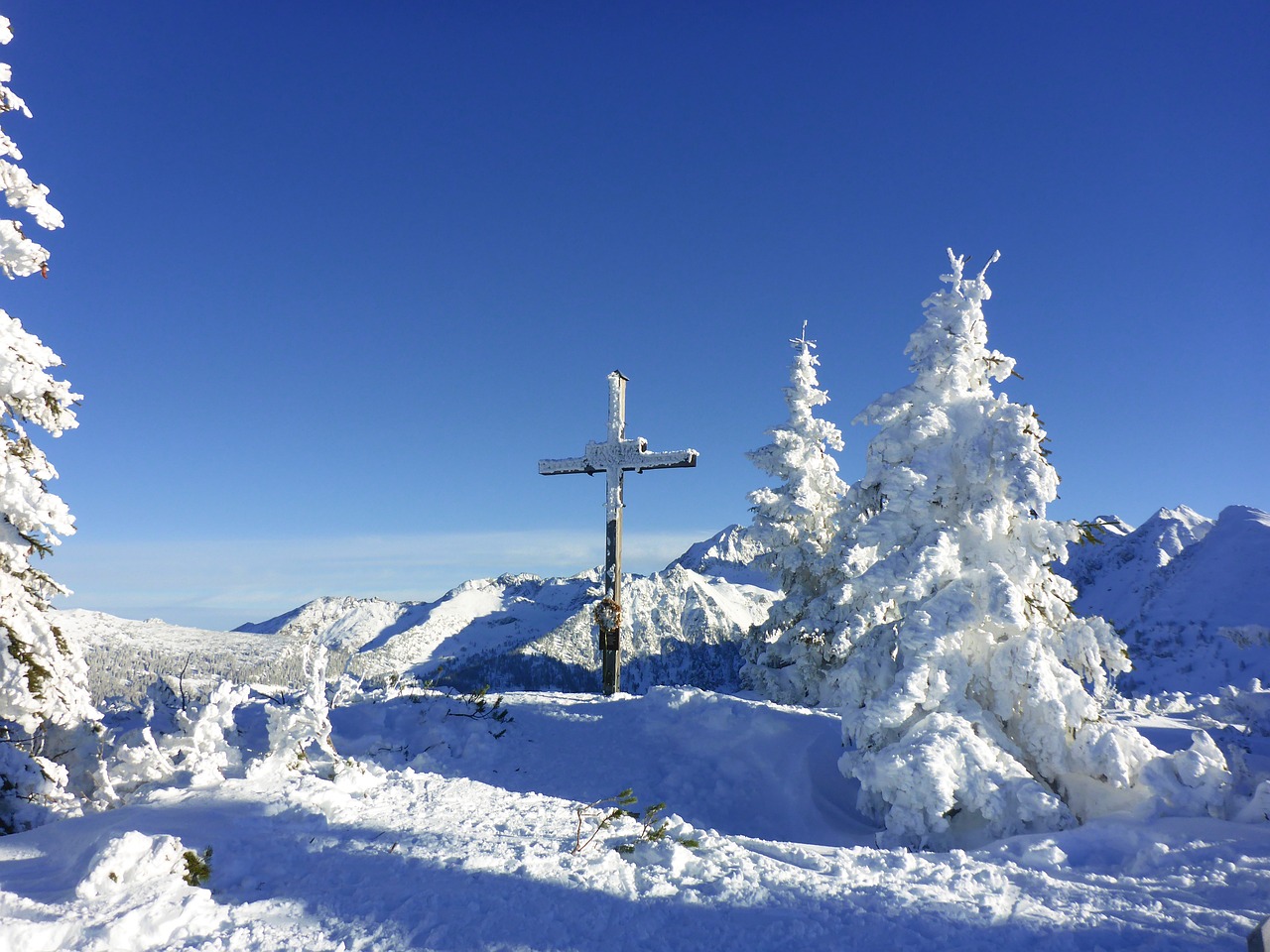
 Leslie Sholly is a Catholic, Southern wife and mother of five, living in her hometown, Knoxville, Tennessee. She graduated from Georgetown University with an English major and Theology minor. She blogs at
Leslie Sholly is a Catholic, Southern wife and mother of five, living in her hometown, Knoxville, Tennessee. She graduated from Georgetown University with an English major and Theology minor. She blogs at 
